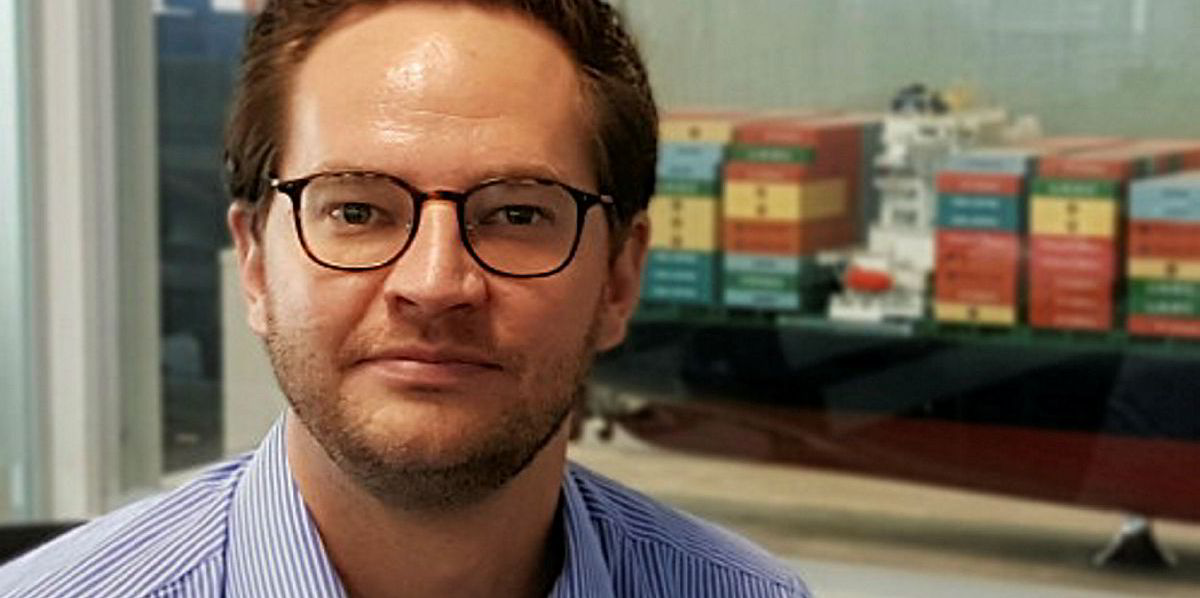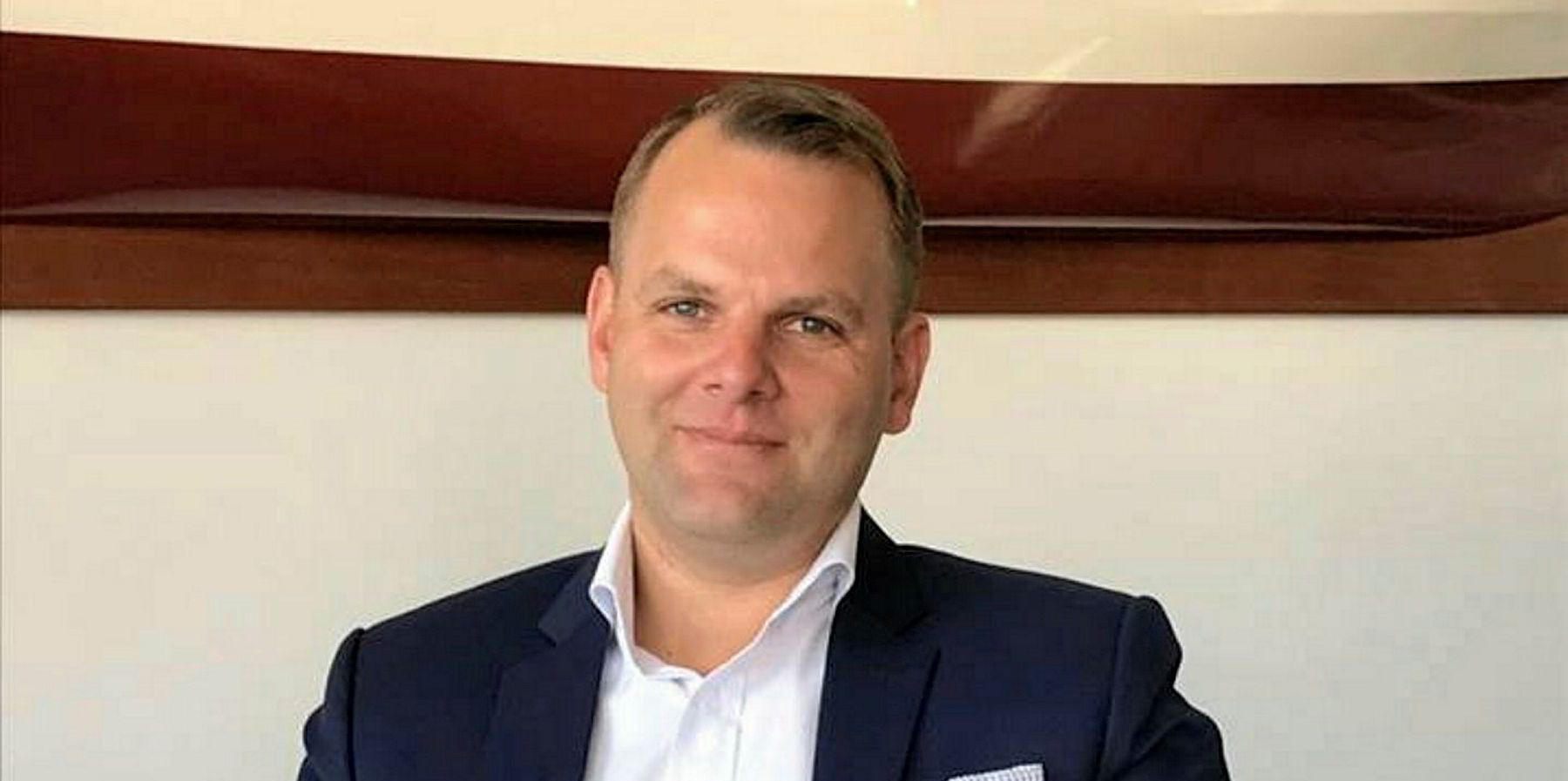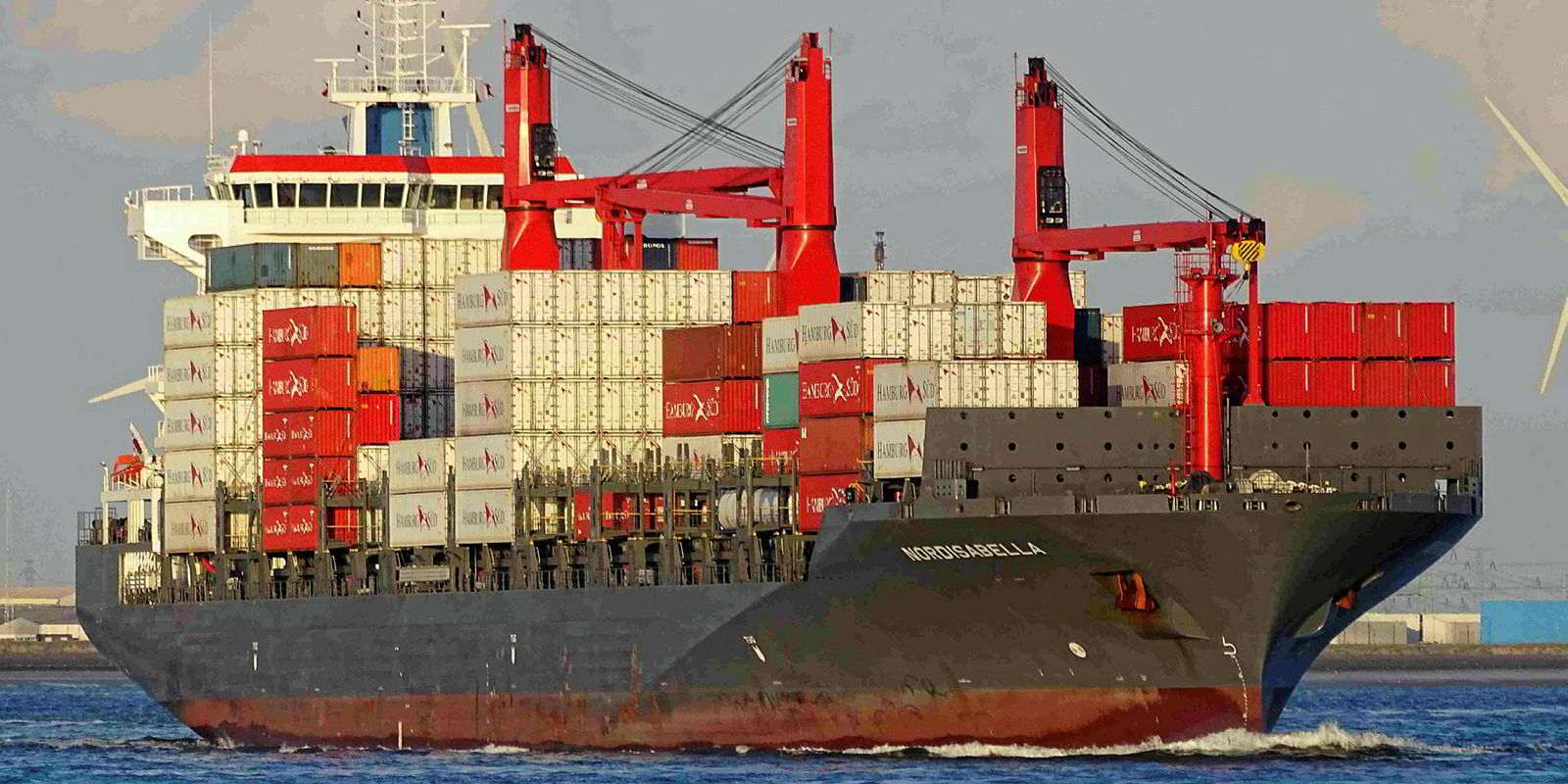A new management team has taken charge after a radical shake-up at the top of Hanseatic Unity Chartering (HUC).
A slimmed-down team has been charged with creating an “independently led organisation” focused on the chartering of more than 200 containerships.
Two managing directors have been appointed, with Mirco Erdtmann, 41, taking over the running of the Hamburg operation and Fabian Oelze, 33, heading a strengthened Singapore office.
The move marks a big change for HUC, which will be wholly focused on container chartering activities.
To date, it has been responsible for the marketing and chartering of 206 containerships from 700 teu to 9,400 teu, as well as almost 30 bulkers from 33,000 dwt to 93,000 dwt, including some newbuildings.
Relocation
Sergey Simakin, who previously headed the bulk operations, will relocate to offices elsewhere in Hamburg to run the Hanseatic Unity Handysize Pool, the joint venture set up this year with Peter Dohle Schiffahrts.
Other key executives have opted to leave, including Peer Gruenewald and long-term Schulte Group veteran John Freydag.
The move towards a more independent chartering structure comes three years after HUC was set up by Reederei Nord, Bernhard Schulte and Borealis Maritime.
Erdtmann joined in July 2017 when Asiatic/Atlantic Lloyd and Leonhardt & Blumberg (L&B) became partners in the chartering venture. That followed the merger of L&B’s shipmanagement activities with Buss Shipping, whose shipbroking desk Walther Moeller & Co had been run by Erdtmann.
Erdtmann has been involved in container chartering in the feeder sizes for 20 years. He previously worked with SSY Stuewe & Co in Singapore, where he later established his own firm, Neptune Shipbrokers.
Oelze hails from Asiatic Lloyd Shipbrokers, where he was director of chartering and projects in Singapore, having previously worked on the container desk for Harper Petersen & Co in Shanghai.
He has been given a managerial role because more of HUC’s business is being handled in Asia.

“The core of our clients are in Asia. We’ve always had an office with two or three people and the intention is to grow the office,” said Erdtmann, adding that HUC remains open to further fleets joining the chartering operation.
“We are still open to more partners. But consolidation is reaching the point where there are fewer people. We have financially sound partners in HUC, so every charter is being performed. We want to continue to keep that promise.”
HUC has operated with five senior managers — one for each of its shareholders. Some who are leaving will not be replaced. Those who remain include Jan Hirschmann, who represented Borealis in HUC; he is taking on the role of chartering director.
Pressure points
The new management takes the reins at a time when several segments of the container charter market are under pressure.
But Erdtmann believes market fundamentals for the next year are positive, with scrubbers expected to have an impact.
He points to HUC’s strength in ships of between 1,700 teu and 3,500 teu, where it controls more than 100 vessels. These segments have taken “a very heavy beating” in the past quarter because of the upsizing and phasing-in of super-large containerships, he said.
HUC also controls a modern fleet of 2,500-teu eco-designs. Erdtmann said these are obtaining a premium in the charter market and are entering new markets such as the reefer trades to South America.
He believes the market could be disrupted towards the end of next year with the prospect of scrubbers being installed on some containerships. Only two vessels in HUC’s sizeable fleet are equipped with scrubbers. These were fitted in 2016 onto a pair of feederships destined for the European sulphur emission control areas.
Erdtmann does not rule out further installations if the right terms can be agreed with charterers.
Putting scrubbers on a standard 1,700-teu Wenchong-type workhorse “probably wouldn’t make sense”, given the ports where such a vessel might trade.
But he thinks fitting them on some of the more modern eco-designs might work. “We are very open to scrubber discussions, it depends on which segment.”




